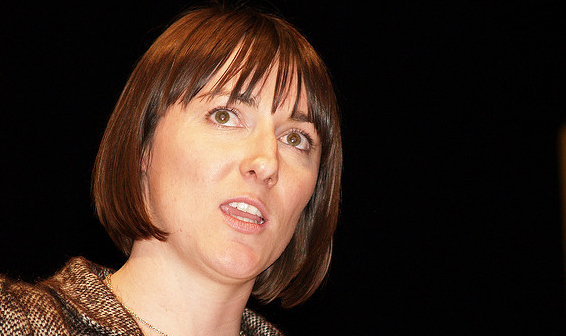
A committee of heavyweight economists and public sector leaders says that Brexit could lead to more resources for local authorities.
The Brexit Advisory Commission on Public Services, formed by the Chartered Institute of Public Finance and Accountancy (CIPFA), this week released five key demands to ensure Brexit creates opportunities for public finance.
The commission will be chaired by former MP and former Treasury special adviser Julia Goldsworthy, it has been announced.
Goldsworthy said: “Brexit’s impact will be felt across the sector, from Whitehall to town hall, affecting everything from staffing and funding, to procurement and taxation.
“It is truly a transformative moment that will not only pose challenges to the sector, but also has the potential to be a catalyst for much-needed public service reform.”
The commission, which also boasts Paul Johnson, director of the Institute for Fiscal Studies, said that powers and resources repatriated from the EU to the UK should not simply be relocated in central government.

It said: “There is an opportunity to shift power and resources out into devolved nations and regions with each country to boost local economies and promote inclusive growth. Any new government must examine how this can be achieved by consulting local services.”
The commission added that Brexit could present opportunities to pursue public service reform.
It said: “Any new government should commit to scrutinising European Union public service regulations and policies that are known to be inefficient and readapt them to be more effective.
“By doing this, Brexit will be a catalyst for reform rather than an obstacle.”
The commission also called for the creation of a dedicated sub-committee of the Exiting the European Union cabinet committee to examine the implications for public services of any Brexit deal, which would feed into the work of UK officials negotiating with Brussels.
The next government should also introduce short-term measures to help public services suffering from uncertainty during the talks, the commission recommended.
It said: “For instance, uncertainty over the rights of EU citizens and the fall in the value of the pound may lead to a change in migration flows into the UK which could cause unfilled vacancies in the sector to increase.”
Rob Whiteman, chief executive of CIPFA, said: “There will be no second chances at making Brexit work for public services and the communities that depend on them.
“To ensure the impact on the sector is of high political importance, the commission will draw views from a variety of experts, policy bodies and professional organisations.”
Meanwhile, borrowing money from the European Investment Bank could get harder for UK local authorities, according to a report in the Guardian newspaper.
The paper said that the EIB board had agreed to seek greater assurances than at present when funding UK projects. This will include whether projects conform to EU environmental protection standards.
An EIB source told the paper: “The decision that was taken by the management board was to continue engagement in the UK, but look carefully to make sure of our long-term investments both on the infrastructure side and equity side, where lending agreed now will continue after the withdrawal date.”












